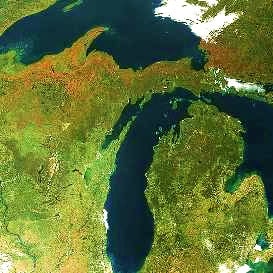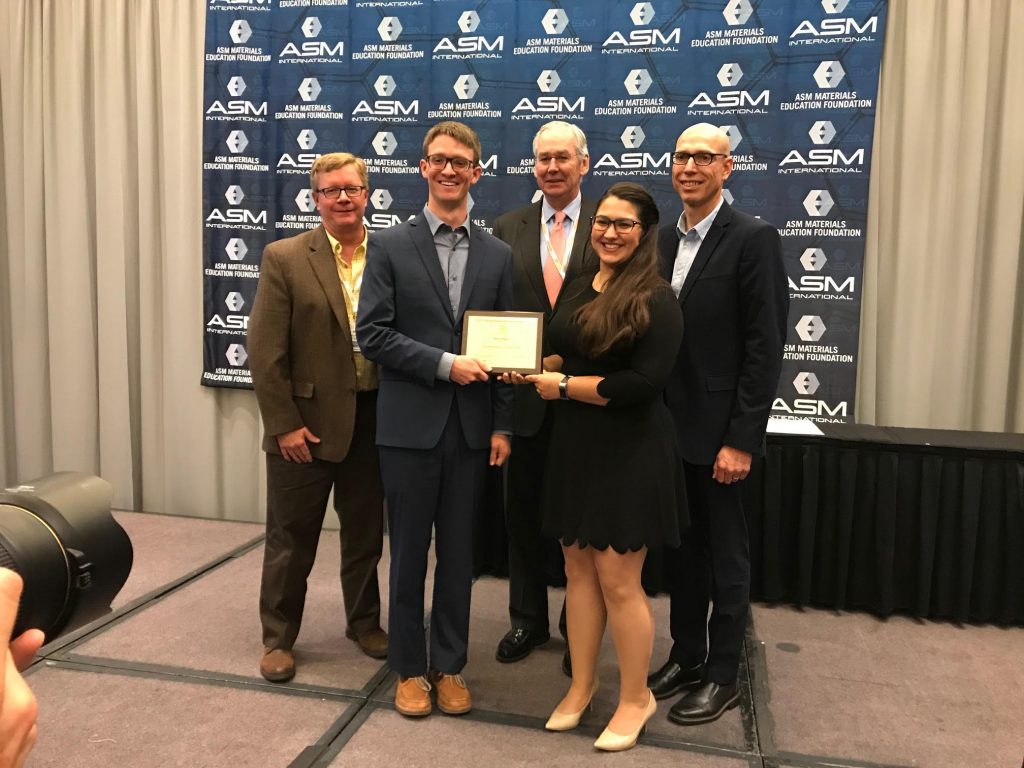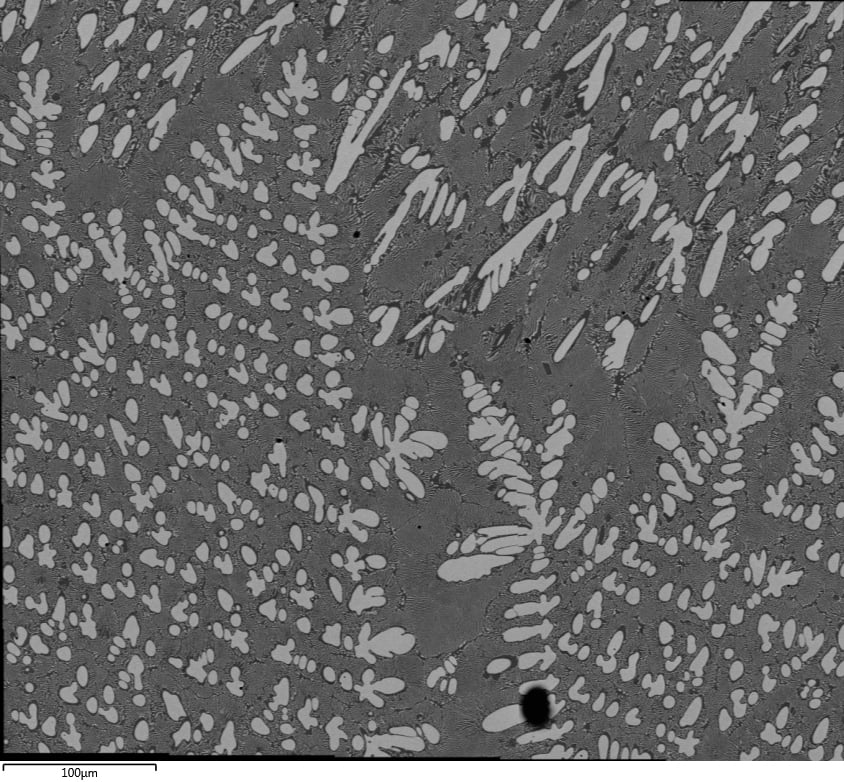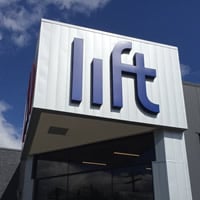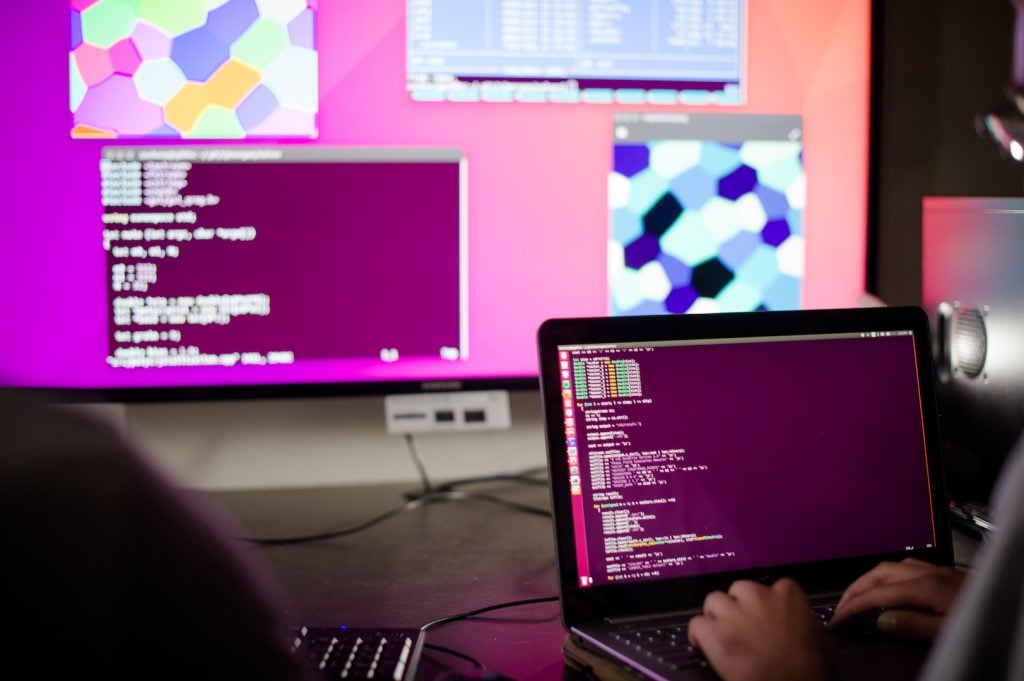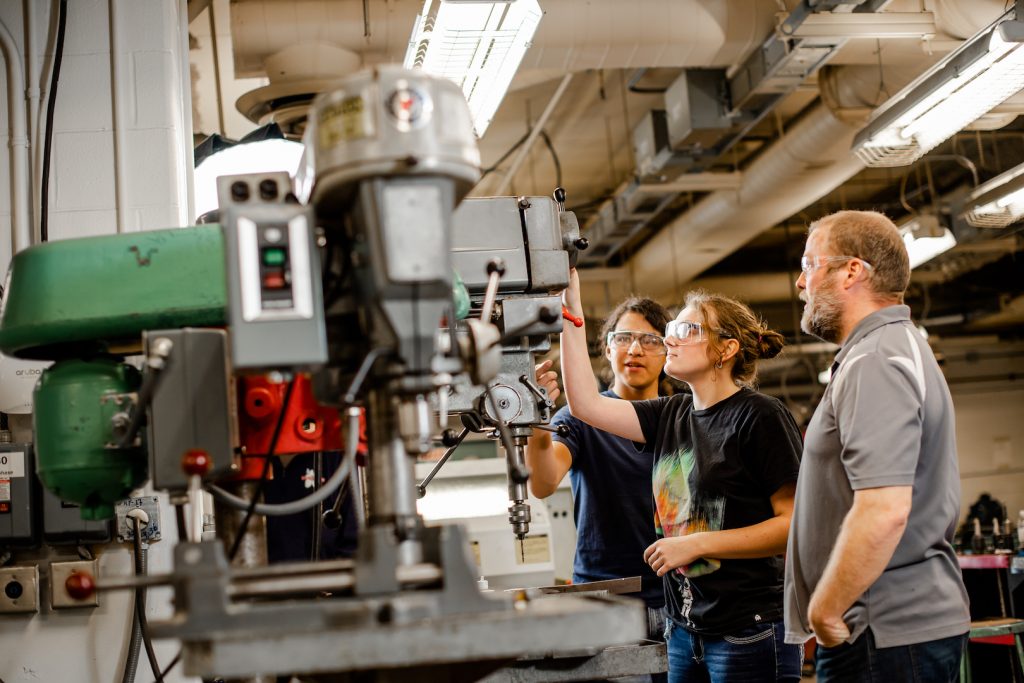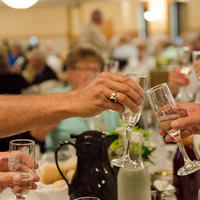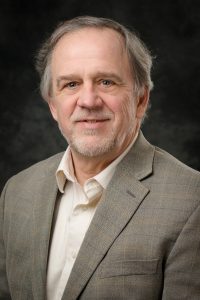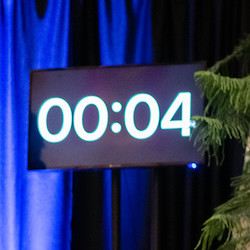
Husky Innovate’s 2020 Bob Mark Business Model Competition was held Wednesday (Jan. 29). A total of 18 students making up 13 teams pitched business models to advance their innovation.
Community members and judges from across campus and the community selected the winners and provided the teams with feedback.
The Winners of the 2020 Bob Mark Business Model Competition were:
- First Prize, $2,000—Kyra Pratley, POWERPENDANTS
- Second Prize, $1,000—Jake Soter, SwimSmart Technologies
- Third Prize, $500—J. Harrison Shields, Shields Technologies
- Honorable Mention, $250—Samerender Hanumantharao & Stephanie Bule, Bio-Synt
- Honorable Mention, $250—Allysa Meinburg, Haley Papineau, Sadat Yang, AAA Prosthetic Ankle
- Audience Favorite, $250— Allysa Meinburg, Haley Papineau, Sadat Yang, AAA Prosthetic Ankle
- MTEC SmartZone Breakout Innovation Award, ($1,000 Reimbursable expenses toward business development)—Ranit Karmakar
A special thanks to all those who lent their time and resources to make the evening a success including our contestants for their hard work and great presentations and our judges:
- Dean Janet Callahan, College of Engineering
- Brett Hamlin, Associate Department Chair, Engineering Fundamentals;
- Nate Yenor, MTRSC Commercial Program Director
- Patrick Visser, Chief Commercial Officer, MTEC-SmartZone;
- Elham Asgari, Assistant Professor, College of Business
- Josh Jay, Materials Science Engineering Student, University Innovation Fellow and Innovation House RA
A special thanks goes out to emcee Cameron Philo, Electrical Engineering and PHC New Venture Pathway Student, University Innovation Fellow and E-Club President; Lexi Steve, Mechanical Engineering and Pavlis Honors College Student, University Innovation Fellow and Husky Innovate Intern; and the College of Forest Resources and Environmental Sciences for operations support and space and SLS & IT for production support.
This event is a tribute to the late Bob Mark, Professor of Practice within the College of Business who started the Elevator Pitch Competition at Michigan Tech. The competition recognizes his entrepreneurial spirit and its continuation at Michigan Tech.
The 2020 Bob Mark Business Model Competition was hosted by Husky Innovate, a collaboration between Pavlis Honors College, the College of Business and the Office of Innovation and Commercialization.
Husky Innovate is Michigan Tech’s resource hub for innovation & entrepreneurship and offers workshops, competitions, NSF I-Corps training, a Speaker Series, and cohosts the Silicon Valley Experience.
Making their pitch: MTU students take part in Bob Mark Pitch competition
HOUGHTON — In four minutes Wednesday, students had to summarize their product, the need for it, and how they would bring it to market. For two more minutes, they had to field whatever questions a panel of judges could throw at them.
The gauntlet is part of Michigan Technological University’s annual Bob Mark Pitch Competition, named for the late Tech professor who founded the event. It was put on by Husky Innovate, which offers a series of extracurricular workshops and competitions for students to develop ideas.
Read more at the Mining Gazette, by Garrett Neese.
Michigan Tech holds annual Bob Mark Business Model Competition
HOUGHTON, Mich. (WLUC) – Michigan Tech held their annual Bob Mark Business Model Competition Wednesday night.
The competition gives Michigan Tech students a chance to pitch their ideas to a group of judges who decide on the best pitch and give feedback after each presentation.
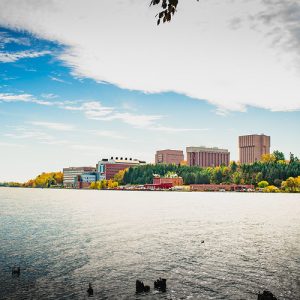 A total of 48 nominations have been submitted for the 2019
A total of 48 nominations have been submitted for the 2019 
